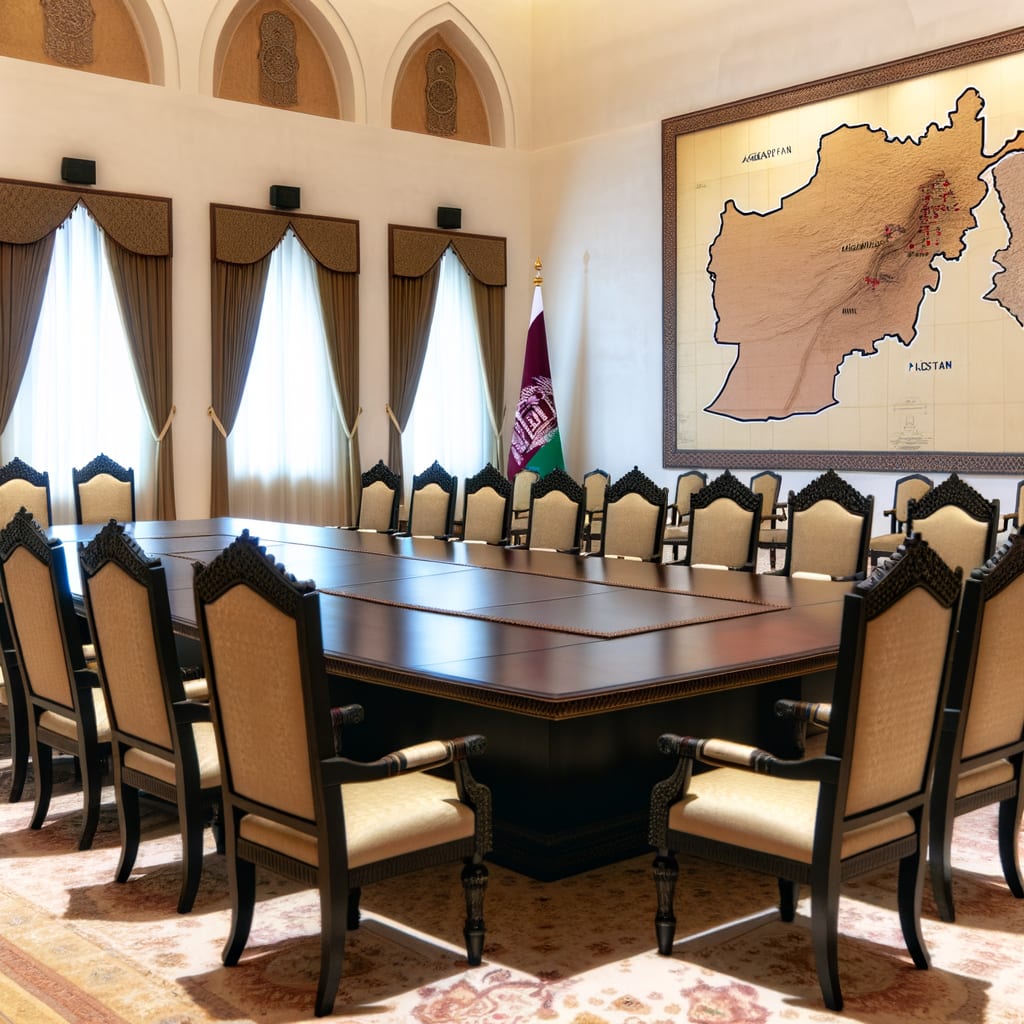Pakistan and Afghanistan Agree to Immediate Ceasefire After Talks in Doha
Following a week of escalating tensions and deadly border clashes, Afghanistan and Pakistan have agreed to an immediate ceasefire during talks hosted in Doha, Qatar, according to a joint announcement by the country's foreign ministries. The move aims to halt the worst cross-border fighting since the Taliban's takeover in 2021.
The Background
The ceasefire agreement comes after Pakistan broke a 48-hour truce with Afghanistan by launching airstrikes near the border, reportedly killing at least ten civilians, including three cricket players. Kabul accused Pakistan of breaking the ceasefire, which had brought two days of calm to the border. The strikes targeted a militant group linked to the Pakistani Taliban in the Afghan border areas, following an attack that killed Pakistani paramilitary troops in North Waziristan, a district in Pakistan’s northwest.
The Talks
The delegations for the Qatari-mediated negotiations were led by the defense ministers of the Asian neighbors. The talks focused on immediate measures to end cross-border terrorism against Pakistan emanating from Afghanistan and restore peace and stability along the Pak-Afghan border. The Pakistani Foreign Ministry stated that Pakistan “does not seek escalation” but urged the Afghan Taliban to prevent Pakistani Taliban militants from entering Afghanistan.
The ceasefire agreement was signed by the defense ministers of Afghanistan and Pakistan, Muhammad Yaqoob Mujahid and Khawaja Asif, along with delegates from Qatar and Turkey.
The Aftermath
The fragile ceasefire brings temporary respite to a region that has seen escalating violence and cross-border militancy that has claimed dozens of lives on both sides. Qatar’s foreign ministry also announced that follow-up meetings will be held in the coming days to ensure the sustainability of the peace agreement and to consolidate lasting peace and stability between the two countries.
The recent border clashes underscore the fragility of South Asia’s security environment and the ongoing diplomatic maneuvering involving regional and international players. The ceasefire is currently holding, but analysts warn that the underlying causes of the conflict, including mutual distrust and accusations of harbouring militants, remain unresolved.
Conclusion
With the immediate ceasefire in place, the focus now shifts to the upcoming follow-up meetings and the implementation of the peace deal. The situation remains fluid, with the sustainability of the ceasefire and the future relationship between Afghanistan and Pakistan still uncertain. The resolution of these issues is crucial for the stability of the region and the security of both nations.

